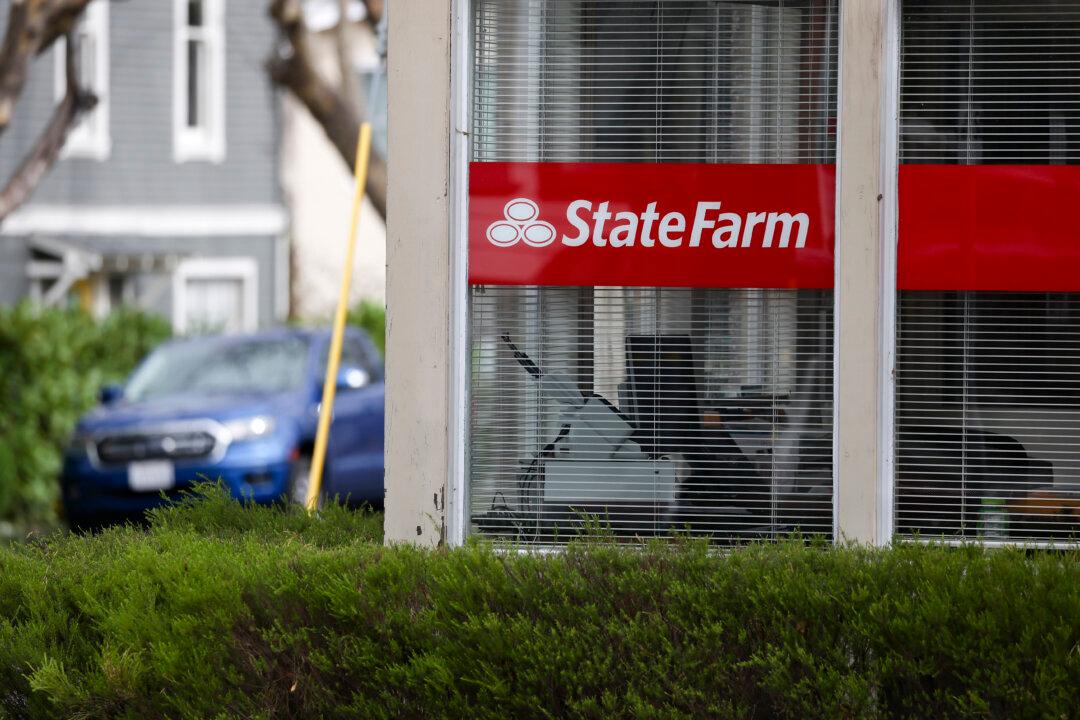The California Department of Insurance began a hearing on April 8 regarding State Farm General’s emergency request for a 22 percent rate hike on homeowners and other insurance plans in the state.
California Insurance Commissioner Ricardo Lara announced the hearing in March, saying he would approve the increase if the company proved that it was necessary with evidence and data. Under Proposition 103, insurers must prove that such increases are necessary and not excessive. The proceedings took place in a California Department of Insurance hearing room in Oakland.





